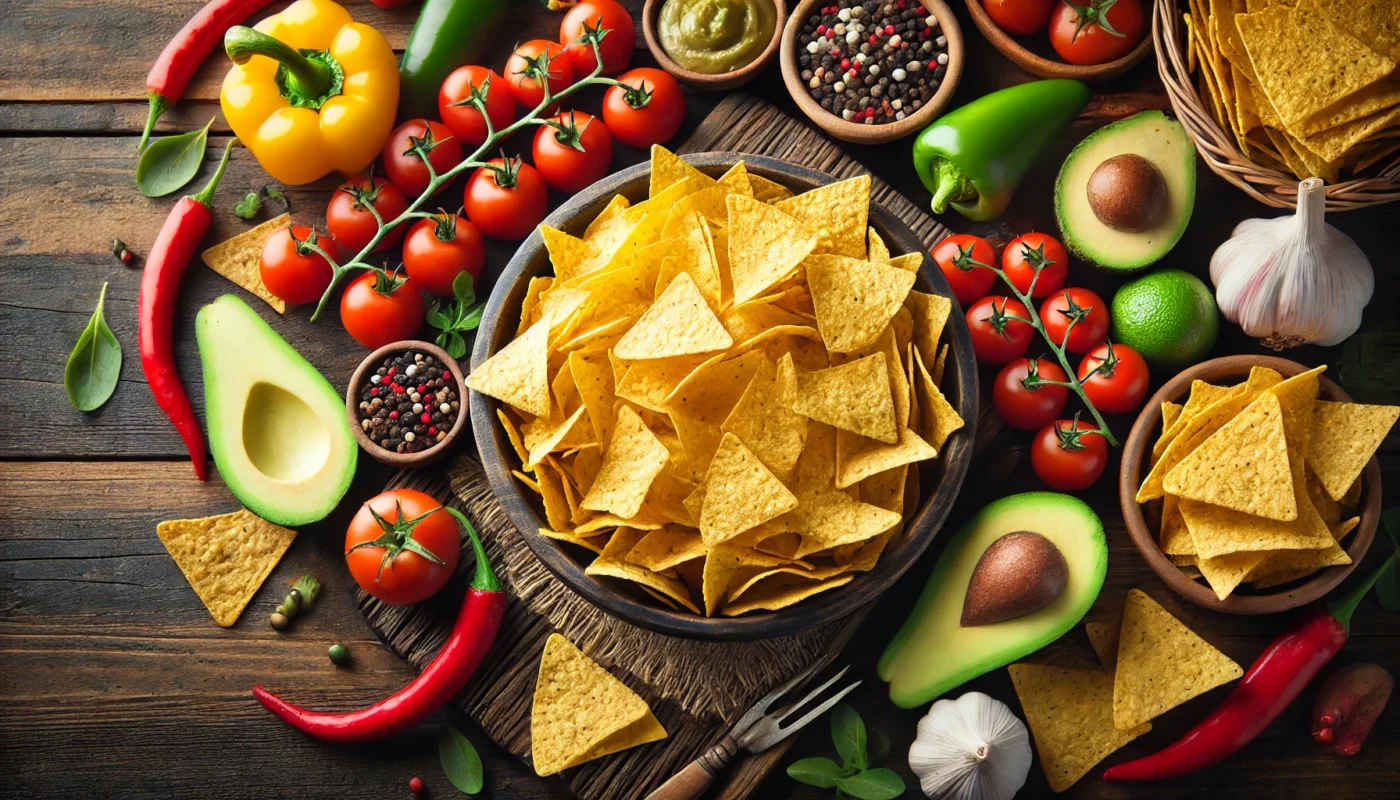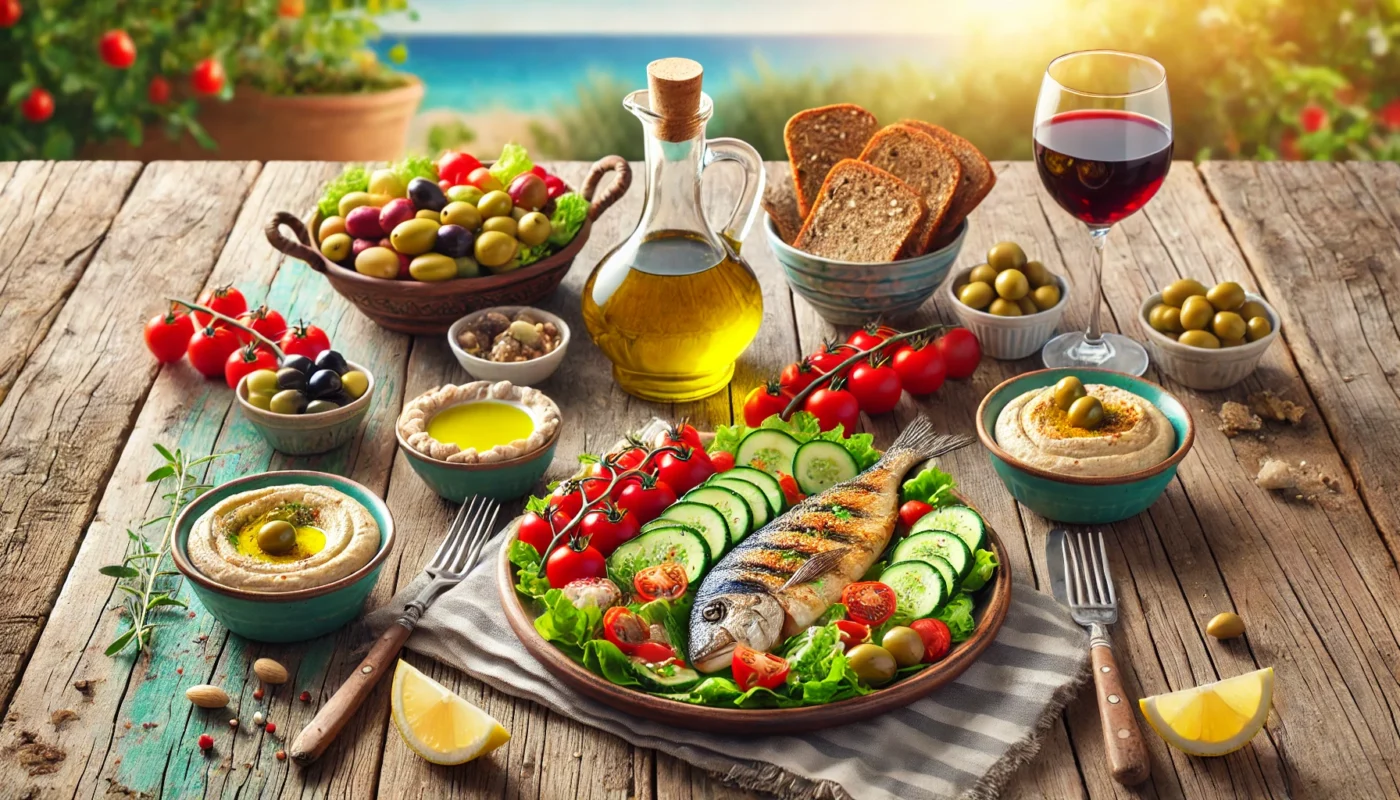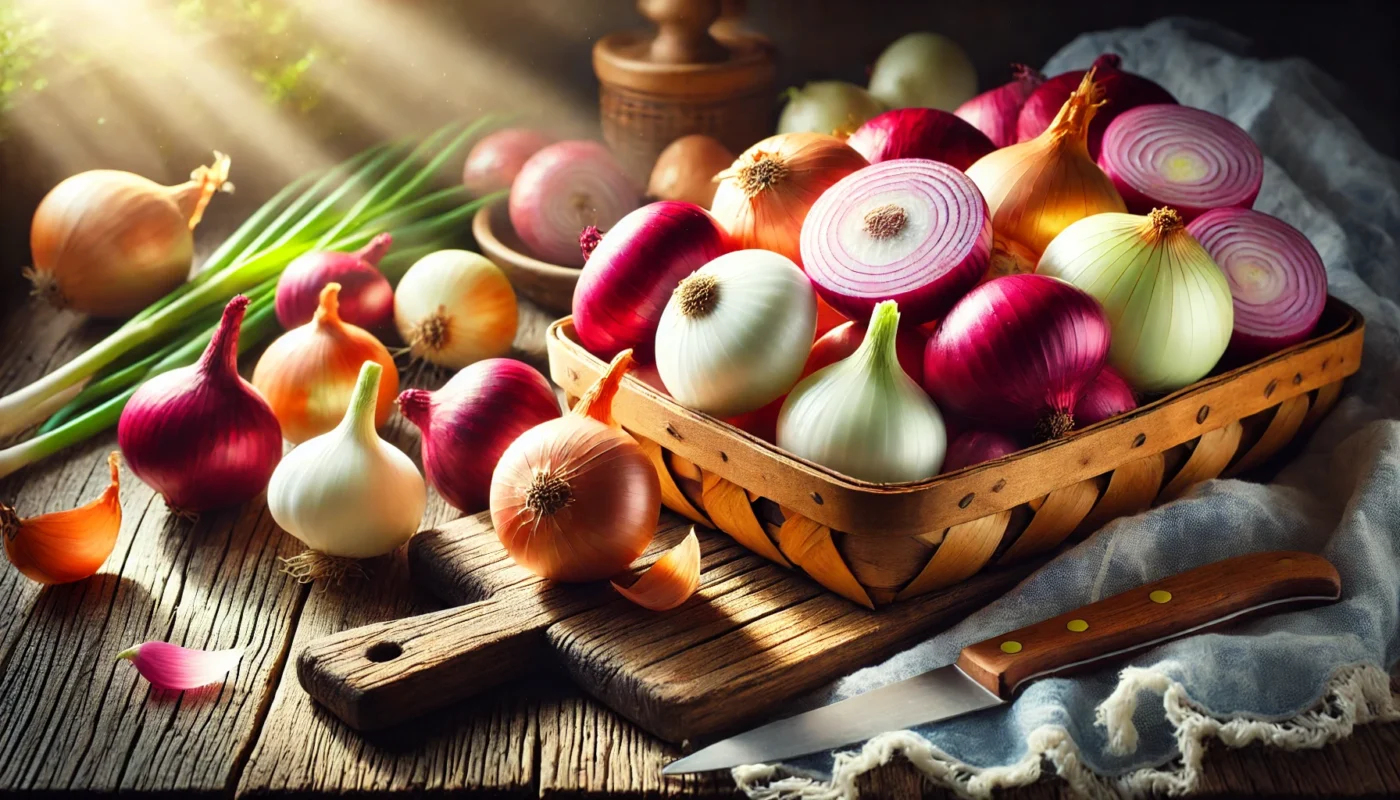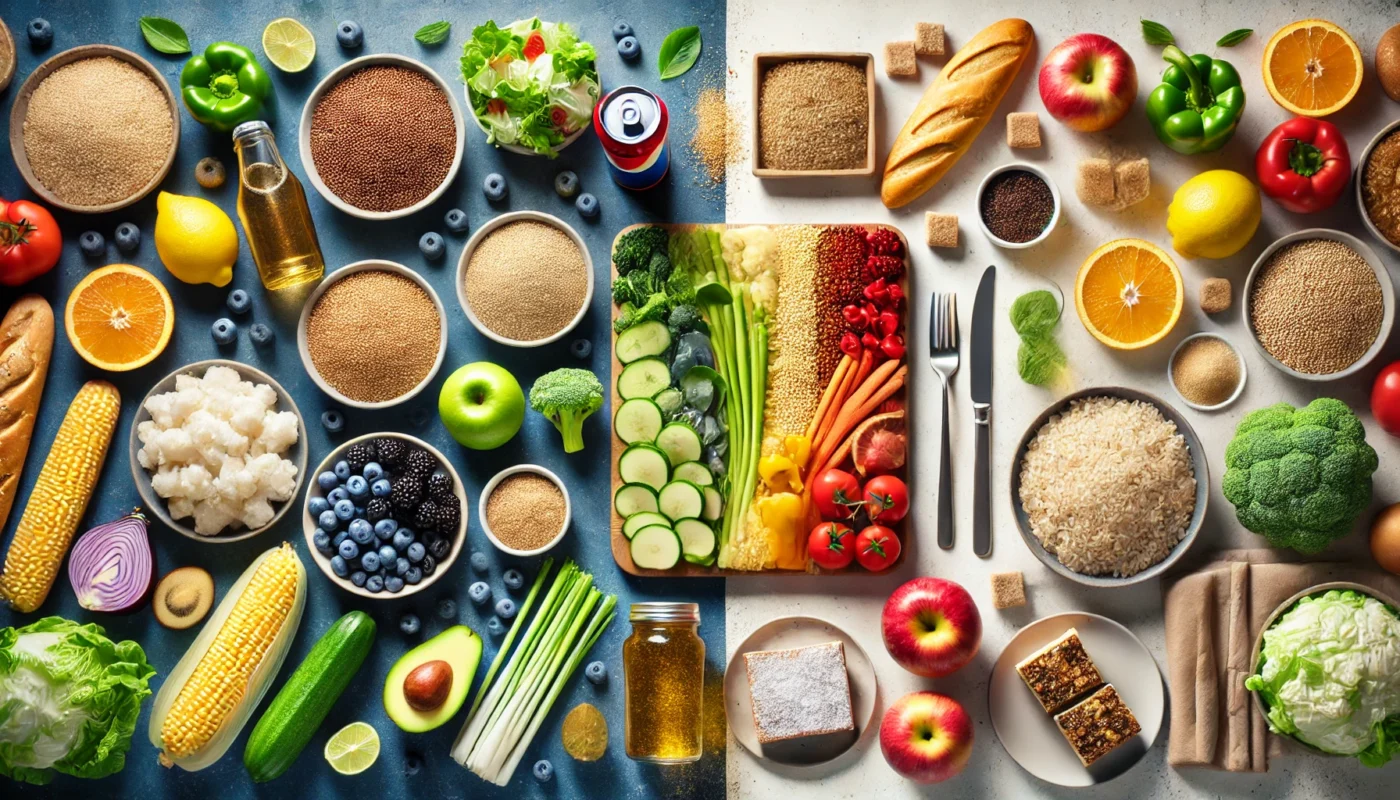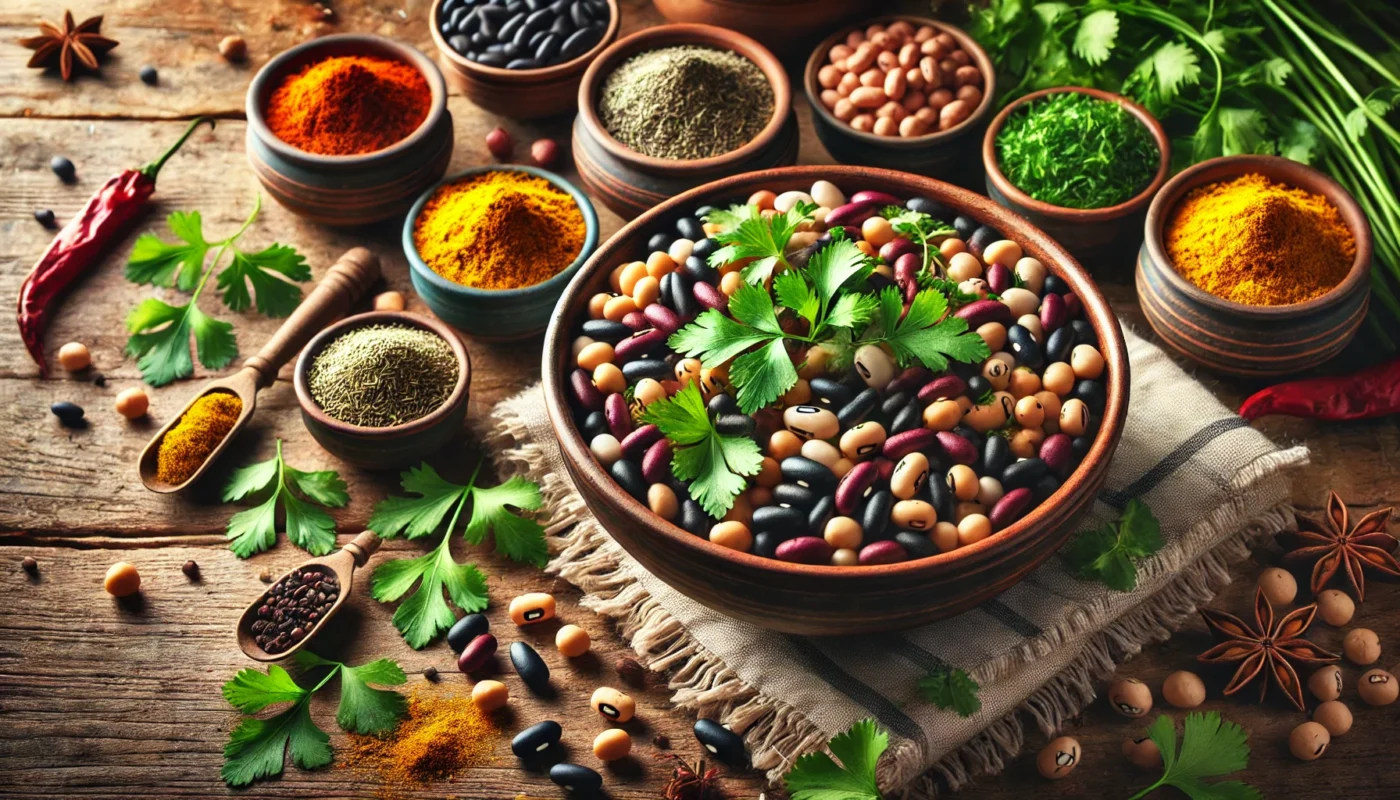Protein is a vital nutrient, playing a key role in virtually every biological process in our bodies. But does protein cause inflammation? This question has sparked much debate among health enthusiasts, fitness buffs, and medical patients alike.
Inflammation is a natural response of our immune system. It helps protect our bodies from harm, but when it becomes chronic, it can lead to various health issues. Understanding the link between protein and inflammation is crucial for managing our health and wellbeing.
The type, quantity, and quality of protein we consume can influence our body’s inflammatory response. However, the relationship between protein and inflammation is complex and multifaceted. It’s not as simple as saying protein causes inflammation or it doesn’t.
This article aims to explore this intricate relationship. We’ll delve into the science behind protein and inflammation, debunking myths and providing evidence-based information. We’ll also discuss how different types of protein may affect inflammation and how to balance protein consumption for optimal health.
Whether you’re a fitness enthusiast seeking to optimize your recovery, a health enthusiast aiming to understand complex health information, or a medical patient looking for practical tips to manage your health condition, this article is for you. Let’s embark on this journey to better understand the link between protein and inflammation.




